Changes for page 3.3 Control
Last modified by Admin on 2025/05/30 16:50
Summary
-
Page properties (1 modified, 0 added, 0 removed)
Details
- Page properties
-
- Content
-
... ... @@ -271,7 +271,7 @@ 271 271 * Dependent - Charge/Discharge contactor depends on Charge and Discharge algorithms and their signals and behaves as Charging contactor if "Charging" signal is set, otherwise – as Discharging contactor; 272 272 * Independent - Charge/Discharge contactor is based on its own controller. 273 273 274 -The d evice supports the following modes:274 +The charging/discharging controller supports the following modes: 275 275 276 276 1. Charging/Discharging is always allowed (Always on) – the device ignores voltage and current unbalance of the battery modules and commands to close the discharging contactors of the battery modules and the main discharging contactor. 277 277 1. Charging/Discharging is allowed if all battery modules are balanced (Balanced). ... ... @@ -292,11 +292,8 @@ 292 292 * If both signals received, "Charge request" has a priority. 293 293 294 294 295 - Thecommandturnonthemainchargingcontactor"Discharging"can beissuedeither to the upper-level systemvia theCAN1(ext)bus,or tothe intelligentswitch ofthe device,which servesfordirectcontrolof the main dischargingcontactor"Discharging".295 +In addition, the charge/discharge controller calculates and transmits to the upper-level system the maximum allowable current value with which the modular battery can be charged ("Charge current limit") and discharged ("Discharge current limit"), as well as the maximum regeneration current value with which the modular battery can be charged during operation under load ("Regeneration current limit"). The calculation of the charge, discharge and regeneration currents of the entire battery is performed based on the number of battery modules operating for charge or discharge and the maximum charge and discharge current values transmitted by them: 296 296 297 - 298 -In addition to controlling the charge/discharge contactor, the charge/discharge controller calculates and transmits to the upper-level system the maximum allowable current value with which the modular battery can be charged ("Charge current limit") and discharged ("Discharge current limit"), as well as the maximum regeneration current value with which the modular battery can be charged during operation under load ("Regeneration current limit"). The calculation of the charge, discharge and regeneration currents of the entire battery is performed based on the number of battery modules operating for charge or discharge and the maximum charge and discharge current values transmitted by them: 299 - 300 300 * "Charge current limit" and "Regeneration current limit" are calculated only if there is "Charge request"; 301 301 * "Discharge current limit" is calculated only if there is "Discharge request". 302 302 ... ... @@ -306,7 +306,29 @@ 306 306 307 307 In this section: 308 308 309 -* Enable – a flag to enable the charge/discharge controller. 306 +* Enable – a flag to enable battery charge/discharge controller; 307 +* Algorithm: 308 +** Always on – discharging is always allowed; 309 +** Balanced – discharging is allowed provided that all battery modules are balanced; 310 +** Partially balanced – discharging is allowed for most balanced battery modules; 311 +* Minimum number of modules allowed to join – a minimum number of battery modules that can be connected in parallel; 312 +* Allowable battery current to rejoin modules – a battery current at which joining of battery modules is permitted, A; 313 +* Allowable voltage difference to rejoin modules – a difference between the voltage of the disconnected module and the battery voltage at which its joining is permitted, V; 314 +* Checking voltages time – a time of checking voltages of battery modules before starting joining modules, millisecond; 315 +* Balancing modules time – a time of balancing battery modules after joining modules and before closing main discharging contactor, millisecond; 316 +* Control the precharging contactor – a flag to control the main precharging contactor; 317 +* Canceling discharging time – a delay before opening the main discharging contactor, millisecond; 318 +* Disconnect modules that are not ready to charge – a flag for disconnecting modules that have the “Ready to charge” signal cleared; 319 +* Disconnect modules that are not ready to discharge – a flag for disconnecting modules that have the “Ready to discharge” signal cleared; 320 +* Join modules on the “Charge request” signal – a flag to enable automatic modules joining if “Charge request” signal appears; 321 +* Join modules on the “Discharge request” signal – a flag to enable automatic modules joining if “Discharge request” signal appears; 322 +* Maximum CONTINUOUS charge current limit – a maximum allowed continuous charging current of all the battery, A; 323 +* Maximum charge current limit – a maximum allowed charging current of all the battery, A; 324 +* Maximum CONTINUOUS discharge current limit – a maximum allowed continuous discharging current of all the battery, A; 325 +* Maximum discharge current limit – a maximum allowed discharging current of all the battery, A; 326 +* Errors 1 (2) to disconnect all battery modules – errors that cause all battery modules to be disconnected from the common bus; 327 +* Errors 1 (2) to open the discharging contactor – errors that cause the main discharging contactor "Discharging" to open, 328 +* Switch of the discharging contactor on errors without a delay – a flag that allows the main discharging contactor “Discharging” to be opened without delay if errors are detected. 310 310 311 311 === Module balancing === 312 312
